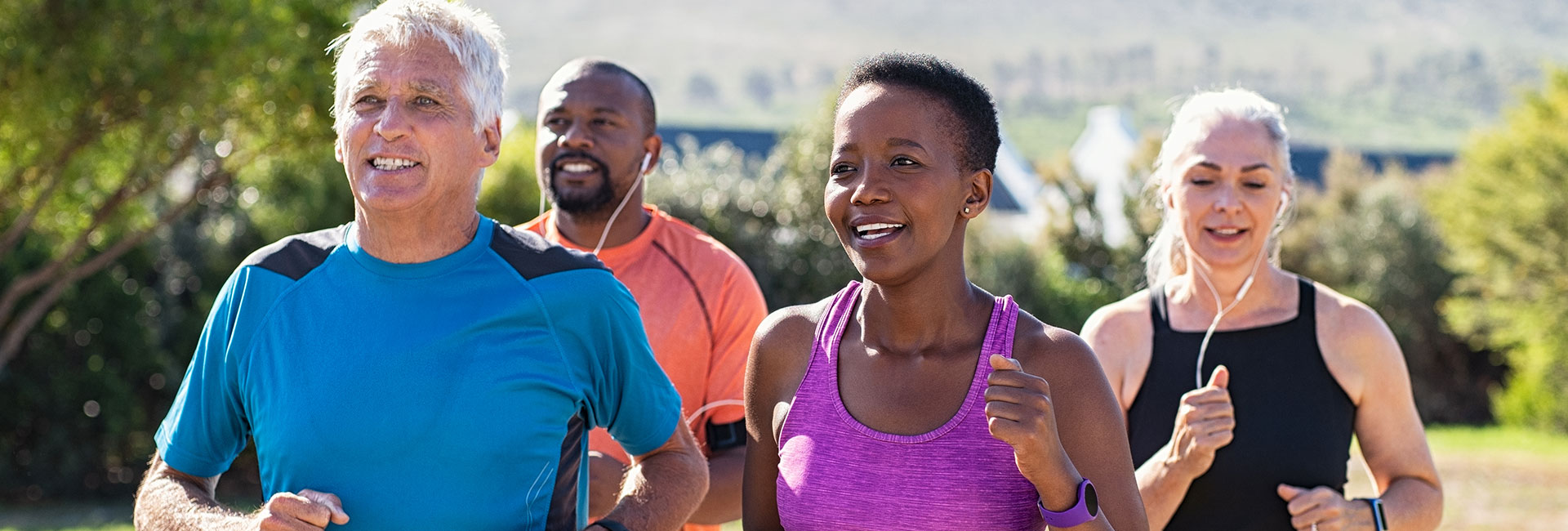Is There an Underlying Component?
The World Health Organization (WHO, 1946), defines health as a “State of complete physical, mental, and social well-being, and not merely the absence of disease or infirmity.” In my own terms it is we are able to live a satisfying and fruitful life with little impairment. Interestingly enough there is one component of physical, mental and social health which is often over looked in our society. That component is physical activity or exercise. We have all been taught that physical activity is needed to prevent disease and improve life expectancy. However, exercise and physical activity is typically not considered in the forefront of mental and social health.
Research has demonstrated that there is a strong relationship between physical activity and mental health. Tayebisani’s (Tayebisani, 2014) research has found that people who exercise regularly “are well coordinated to prevent many ailments and deficiencies of character, orderly life and are more efficient,(have a) more joyful mood, (and) enjoy life, (and) enjoy more social relation”. At times of mental health issues most of us do not think of exercising. Some times our reactions to emotional stress are the farthest from physical activity. However, exercising consistently has been shown to reduce anxiety, depression, and negative mood and by improving self-esteem and cognitive function.

How much exercise is needed to have an impact on mental and physical health? Studies have demonstrated that exercising for 30 minutes of moderate intensity 3 times per week can have significant mental health benefits (Sharma, 2006). These 30 minutes of moderate exercise can be broken down to as little as 3 different 10 minute walks in one day with the same mental health benefits as 30 minutes of continuous activity. Fortunately, the same “30 minute” exercise parameters provide statistical improvements in physical health (CDC, 2015). The US Center of Disease Control and prevention has great information and guidelines for physical activity, check them out here.
Ultimately, physical, mental and social health requires physical activity or exercise. Physical therapists are the leading experts in movement, exercise, and function. If pain or mobility issues are preventing your full participation in life, consider an evaluation by a physical therapist. They will be able to evaluate your impairments, mobility goals, pain, and prescribe treatment to resolve the issues or teach you exercise for your current conditions to achieve the physical activity goals for mental and physical health.
Start your journey to pain-free living today.
Our experts are committed to providing effective, efficient, and compassionate care to help you live a pain-free, active life. Our passion is to help every patient reach their goals on their journey to recovery and optimal performance.



